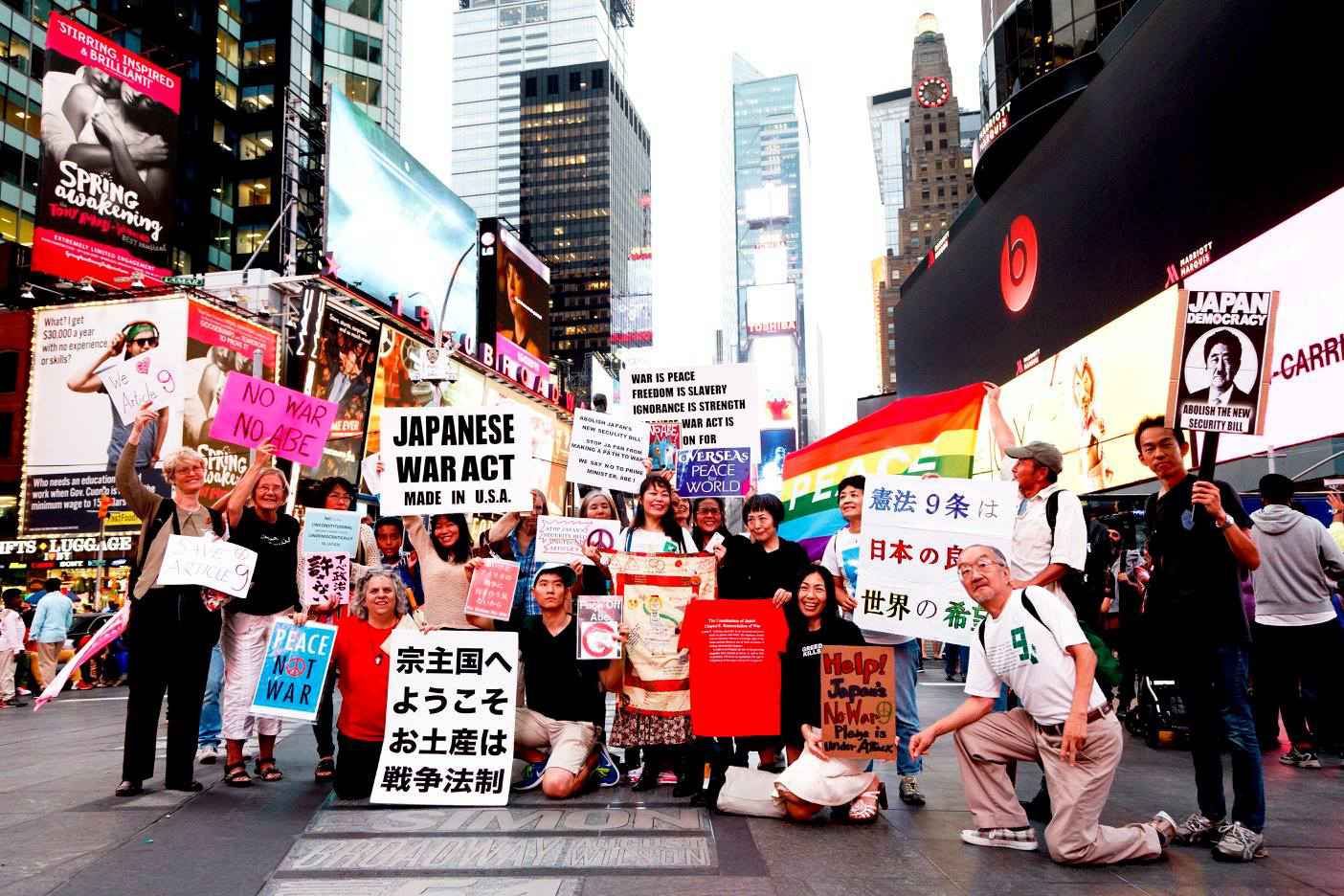Over the summer, the student organization SEALDs lit a fire under Japan's political establishment, sparking activist fervor among the nation's hitherto dormant youth over moves to ease the conditions under which Japan can go to war. The group's influence spread beyond its target demographic as MOTHERs, MIDDLEs, OLDs and others picked up placards to protest the government's security bills and other perceived challenges to Japan's postwar pacifism.
In August, that fire spread beyond Japan's borders with the formation of OVERSEAs, a loose collective that aims to unite Japanese-speaking people who want to support specific domestic causes from outside the country. One of the group's founders, Shin Yamaaki, 44, an anti-nuclear activist and award-winning journalist, says Japanese people living overseas were already working together before SEALDs (Students Emergency Action for Liberal Democracy) exploded onto the scene. However, it was the success of the student group that inspired many of these far-flung groups to unite under the OVERSEAs umbrella.
"One reason that OVERSEAs is growing so quickly is that there were already many regional groups forming all over the world to support the anti-nuclear movement, especially after the March 11 disaster," she says, referring to the triple disaster that struck Tohoku in 2011. "With the rising popularity of groups like SEALDs in Japan, the small pockets of Japanese activists living abroad wanted to become united into one network to make their voice stronger."



















With your current subscription plan you can comment on stories. However, before writing your first comment, please create a display name in the Profile section of your subscriber account page.